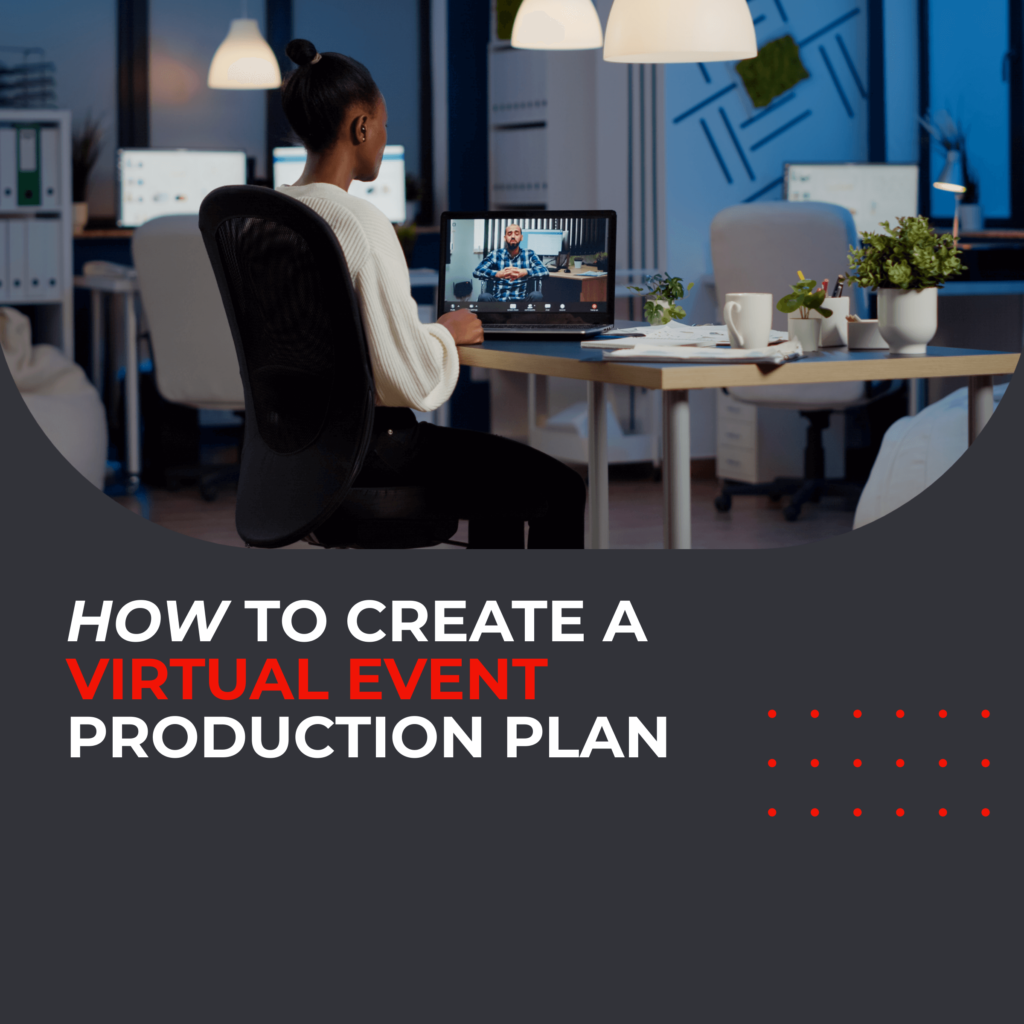With the rise of virtual events, it’s more important than ever to have a solid virtual event production plan in place. A well-executed plan will ensure that your event runs smoothly and provides an engaging and memorable experience for your attendees. In this article, we’ll discuss the steps involved in creating a virtual event production plan.
Define your event goals and objectives
The first step in creating a virtual event production plan is to define your event goals and objectives. This will help you determine what type of event you want to produce and what outcomes you want to achieve. Some common goals for virtual events include lead generation, brand awareness, and thought leadership.
Choose the right virtual event platform
Choosing the right virtual event platform is crucial to the success of your event. Look for a platform that provides the features you need, such as live streaming, chat functionality, and virtual breakout rooms. Make sure the platform is user-friendly and easy for attendees to access.
Create a budget
Creating a budget is an important step in any event production plan. Determine how much you can spend on your virtual event, and allocate funds for things like platform fees, production costs, and marketing expenses.

Develop a timeline
Developing a timeline will help you stay on track and ensure that you’re meeting important deadlines. Start with your event date and work backward, identifying key milestones such as speaker confirmations, content development, and rehearsal dates.
Plan your content
Plan your content carefully to ensure that it aligns with your event goals and objectives. Consider what type of content will resonate with your audience and what topics will be most relevant to them. You may also want to incorporate interactive elements such as polls, quizzes, and Q&A sessions to engage your attendees.
Choose your production team
Choosing the right production team is crucial to the success of your virtual event. Look for a team that has experience producing virtual events and can provide the technical expertise you need. This may include professionals such as videographers, sound engineers, and lighting technicians.
Rehearse, rehearse, rehearse
Rehearsing your virtual event is essential to ensure that everything runs smoothly on the day of the event. Schedule multiple rehearsals with your production team and speakers to ensure that everyone is comfortable with the platform and knows what to expect.
These are some and most basic steps in planning a virtual event production. By following these steps, you can ensure that your virtual event runs smoothly and provides an engaging and memorable experience for your attendees.

